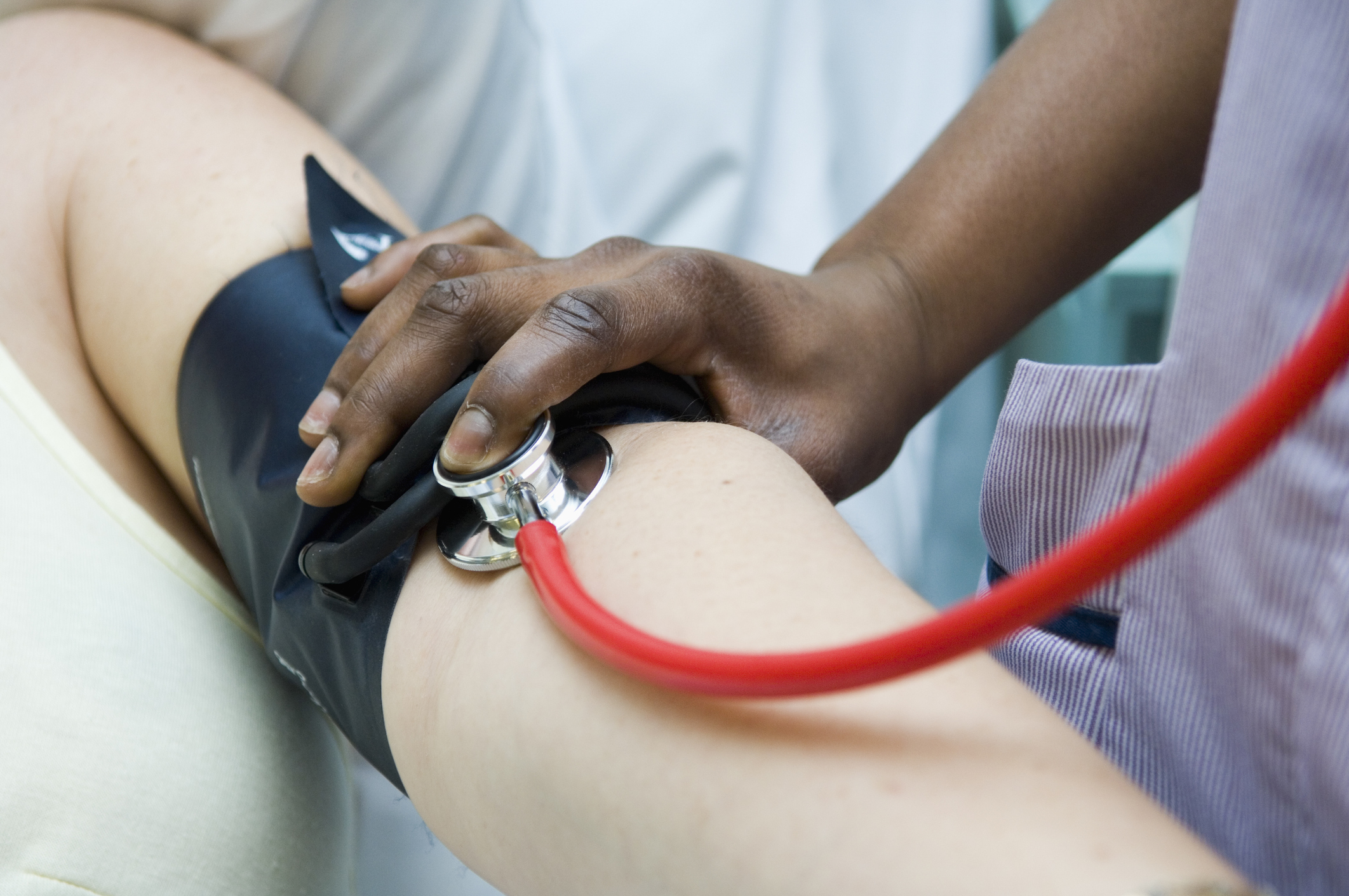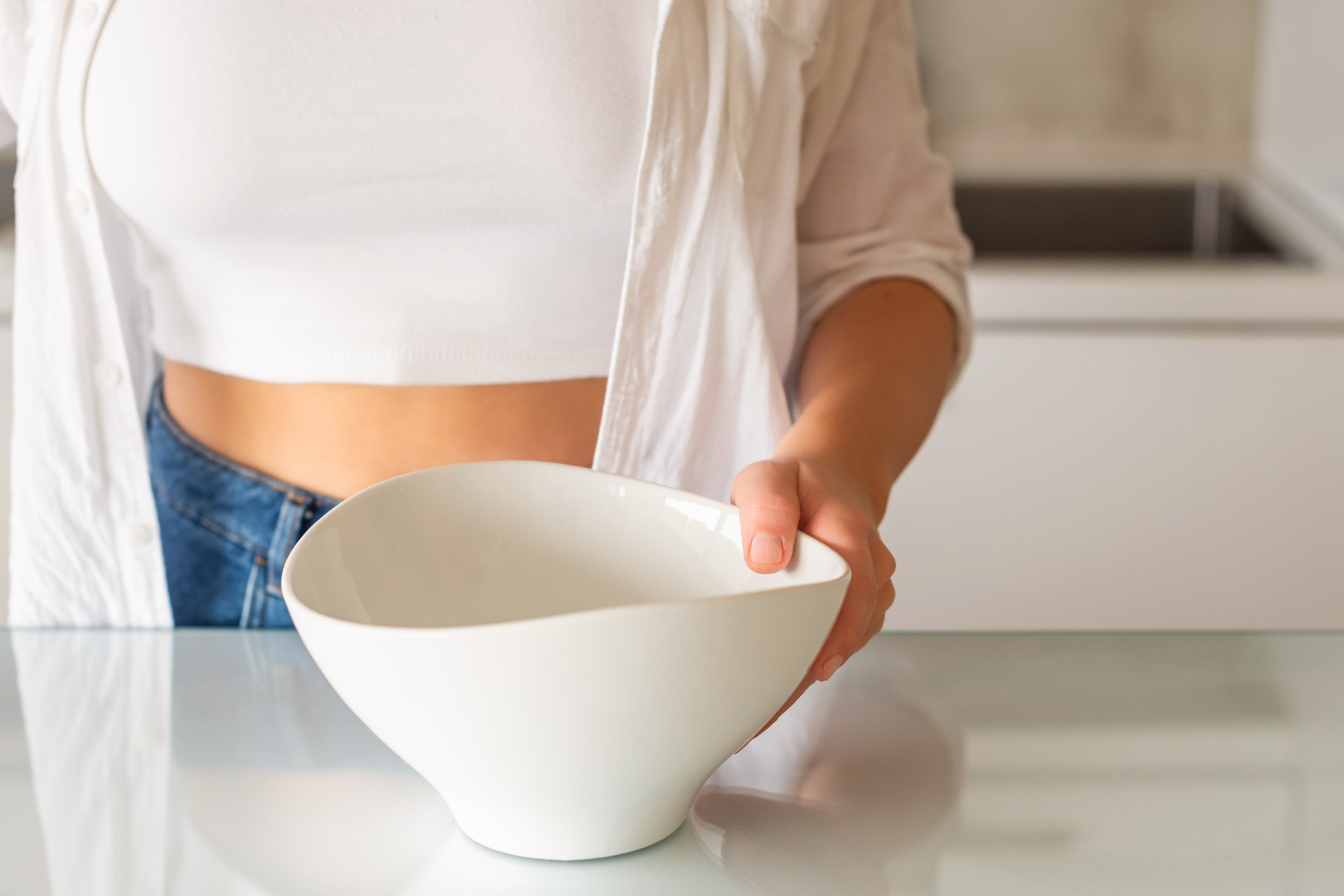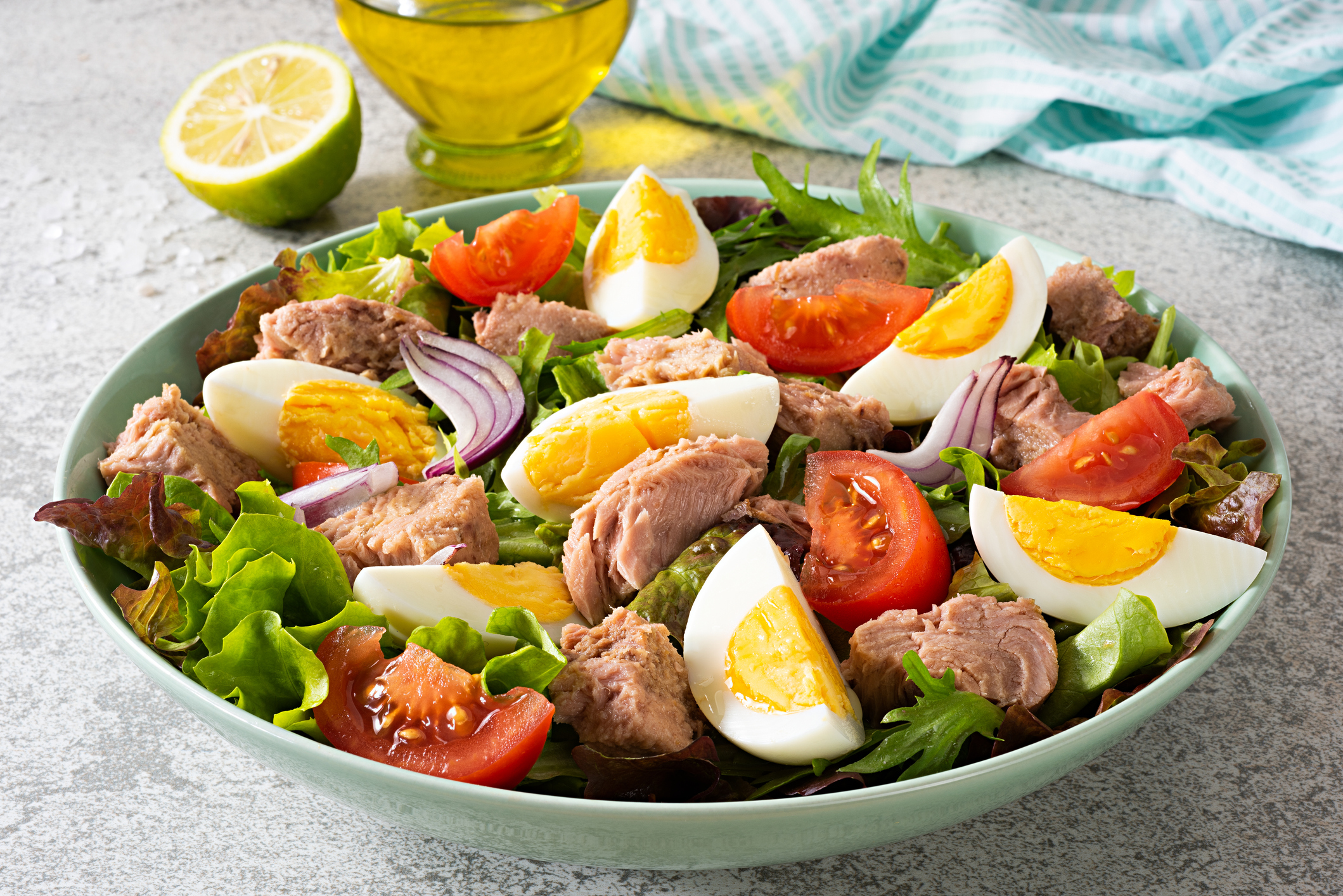Low blood pressure diet: What to eat to help raise low blood pressure


If your blood pressure is low, it can lead to health problems like feeling weak or dizzy, feeling confused and fainting. But there are changes you can make to your diet to help raise your blood pressure to a healthy level.
A low blood pressure diet isn't too difficult to follow and can help raise low blood pressure just by eating certain foods.
Low blood pressure (or hypotension) is a reading of less than 90/60mmHg on a sphygmomanometer (the machine used to take your blood pressure). Having low blood pressure can impact your every day life as it can cause people to feel weak, confused, and unlike themselves. This is often accompanied with feelings of sickness and even fainting. So it can be detrimental to daily life. Thankfully though, there's some simple ways to help raise your blood pressure, including some changes to your diet.
We spoke to registered nutritionist Jo Travers, founder of The London Nutritionist and author of The Low-Fad Diet, about what causes low blood pressure and what you can do to help.
What causes low blood pressure?
There can be lots of different reasons for low blood pressure, meaning its often quite hard to pinpoint exactly what it is. Blood pressure can vary throughout the day based on everyday factors such as what diet you follow, body position, breathing rhythm, stress level, physical condition and any medications you take.
But what might cause it to be lower than normal? Jo explains: "Low blood pressure can have a few different causes. Being pregnant or dehydrated are common causes, as can standing up quickly which can cause a temporary drop in pressure.
"But also some medical conditions can cause it, either because of the condition itself, like anaemia, or heart conditions which prevent the body from adjusting heart rate, or because of the medication used to treat it like antidepressants for depression or beta blockers for heart conditions."
GoodtoKnow Newsletter
Parenting advice, hot topics, best buys and family finance tips delivered straight to your inbox.

Can lack of food cause low blood pressure?
Sometimes yes, lack of food can cause low blood pressure. But it's not the number one cause of low blood pressure.
Jo explains, "a lack of nutrients can be a problem such as in the case of anaemia, where the body isn't getting enough iron or B-12 to make red blood cells. This leads to a lower blood volume and therefore low blood pressure.
She adds that: "skipping the odd meal isn't going to cause it. However skipping meals can cause dizziness because of low blood sugar which is also a symptom of low blood pressure."

What foods raise blood pressure?
Since low blood pressure can cause dehydration, you should make sure you drink more water before making any other changes to your diet. Jo advises: "Because of the prevalence of dehydration, I always recommend increasing fluid intake before doing anything else."
But when it comes to raising blood pressure, salt is actually a great way to bring it back to a normal level long term. But you should be careful before introducing more salt into your diet. Jo adds, "Salt is the key dietary component to raise blood pressure long term. But always check with the GP before doing this because there can be adverse side effects."

Low blood pressure diet: What foods to eat
Good sources of salt include olives, cottage cheese, and canned soup or tuna. These also have additional health benefits too, as olives are very high in vitamin E and other powerful antioxidants, and tuna has omega-3 fatty acids, so they're a better way to increase salt intake.
You can also eat foods high in vitamin B-12, as a B-12 deficiency can lead to anemia. Foods high in this vitamin include eggs, fortified cereals, animal meats, and nutritional yeast.
Folate (or vitamin B9) is another essential vitamin to raise blood pressure and is found in foods like asparagus, broccoli, liver, lentils and chickpeas.
So, to re-cap, the key components for a low blood pressure diet are:
- Drink more water
- Incorporate more salty foods into your diet
- Eat foods high in vitamin B-12
- Get more vitamin B9 into your diet through green veg, lentils and chickpeas
- Be careful not to skip meals on a regular basis

Lucy Buglass is a Digital Writer for What's on TV, Goodto.com, and Woman&Home. After finishing her degree in Film Studies at Oxford Brookes University she moved to London to begin her career. She's passionate about entertainment and spends most of her free time watching Netflix series, BBC dramas, or going to the cinema to catch the latest film releases.